Enslaved Women in America
The African American History Series
Series Editors:
Jacqueline M. Moore, Austin College
Nina Mjagkij, Ball State University
Traditionally, history books tend to fall into two categories: books academics write for each other, and books written for popular audiences. Historians often claim that many of the popular authors do not have the proper training to interpret and evaluate the historical evidence. Yet, popular audiences complain that most historical monographs are inaccessible because they are too narrow in scope or lack an engaging style. This series, which will take both chronological and thematic approaches to topics and individuals crucial to an understanding of the African American experience, is an attempt to address that problem. The books in this series, written in lively prose by established scholars, are aimed primarily at nonspecialists. They focus on topics in African American history that have broad significance and place them in their historical context. While presenting sophisticated interpretations based on primary sources and the latest scholarship, the authors tell their stories in a succinct manner, avoiding jargon and obscure language. They include selected documents that allow readers to judge the evidence for themselves and to evaluate the authors conclusions. Bridging the gap between popular and academic history, these books bring the African American story to life.
Volumes Published
Booker T. Washington, W.E.B. Du Bois, and the Struggle for Racial Uplift
Jacqueline M. Moore (2003)
Slavery in Colonial America, 16191776
Betty Wood (2005)
African Americans in the Jazz Age: A Decade of Struggle and Promise
Mark Robert Schneider (2006)
A. Philip Randolph: A Life in the Vanguard
Andrew E. Kersten (2006)
The African American Experience in Vietnam: Brothers in Arms
James Westheider (2007)
Bayard Rustin: American Dreamer
Jerald Podair (2008)
African Americans Confront Lynching: Strategies of Resistance from the Civil War to the Civil Rights Era
Christopher Waldrep (2009)
Lift Every Voice: The History of African American Music
Burton W. Peretti (2008)
To Ask for an Equal Chance: African Americans in the Great Depression
Cheryl Lynn Greenberg (2009)
The African American Experience During World War II
Neil A. Wynn (2010)
Through the Storm, Through the Night: A History of African American Christianity
Paul Harvey (2011)
Enjoy the Same Liberty: Black Americans in the Revolutionary Era
Edward Countryman (2011)
A Working People: A History of African American Workers Since Emancipation
Steven A. Reich (2013)
Between Slavery and Freedom: Free People of Color in America from Settlement to the Civil War
Julie Winch (2014)
Enslaved Women in America: From Colonial Times to Emancipation
Emily West (2014)
Enslaved Women in America
From Colonial Times to Emancipation
Emily West
Rowman & Littlefield
Lanham Boulder New York London
Published by Rowman & Littlefield
A wholly owned subsidiary of The Rowman & Littlefield Publishing Group, Inc.
4501 Forbes Boulevard, Suite 200, Lanham, Maryland 20706
www.rowman.com
Unit A, Whitacre Mews, 26-34 Stannary Street, London SE11 4AB, London
Copyright 2015 by Rowman & Littlefield
All rights reserved . No part of this book may be reproduced in any form or by any electronic or mechanical means, including information storage and retrieval systems, without written permission from the publisher, except by a reviewer who may quote passages in a review.
British Library Cataloguing in Publication Information Available
Library of Congress Cataloging-in-Publication Data Available
978-1-4422-0871-1 (cloth : alk paper)
978-1-4422-0873-5 (electronic)
 The paper used in this publication meets the minimum requirements of American National Standard for Information SciencesPermanence of Paper for Printed Library Materials, ANSI/NISO Z39.48-1992.
The paper used in this publication meets the minimum requirements of American National Standard for Information SciencesPermanence of Paper for Printed Library Materials, ANSI/NISO Z39.48-1992.
Printed in the United States of America

Chronology
1619: The first African slaves arrive in Virginia.
1641: Massachusetts recognizes slavery in its legal codes through The Body of Liberties.
1643: Virginia lawmakers levy a tax (tithe) upon the labor of African slave women. Amended to include free black women in 1668.
1656: Elizabeth Key sues for and gains her freedom in Virginia.
1662: Virginia law decrees that enslaved children should follow the status of their mother.
1667: Virginia defines negro people as separate from Christians, closing off baptism and formalized Christianity as a possible route to freedom.
1676: Bacons Rebellion in Virginia.
1691: Virginia forbids interracial marriage and all interracial sexual acts.
1708 and 1712: Slave riots in New York City.
1724: Louisianas Code Noir forbids the barbarous and inhumane treatment of the enslaved.
1739: Stono Rebellion in South Carolina.
1753: Phillis Wheatley born in Boston.
1770: Pennsylvania legislates for the gradual emancipation of slaves.
1773: Phillis Wheatley becomes the first enslaved person to publish a book of poems.
1775: The thirteen colonies begin armed conflict with the British.
1775: Dunmore Proclamation offers freedom to slaves who support the Crown.
1776: Members of the Continental Congress sign the Declaration of Independence.
1776: Jenny Slew uses the courts to gain her freedom in Massachusetts.
1779: Clinton Proclamation offers enslaved women, as well as men, the chance to serve the British.
1779: New York State legislates for the gradual emancipation of slaves.
1781: Elizabeth, or Mum Bett, gains her freedom in Massachusetts on the grounds that the state constitution of 1780 declared all men are born free and equal.
1783: Treaty of Paris recognizes American sovereignty.
1789: Adoption of the U.S. Constitution.
1789: George Washington signs the Northwest Ordinance into law.
1791: Revolt begins in French Saint-Domingue.
1793: Eli Whitney patents the cotton gin.
1800: Gabriel Prosser attempts to lead a slave rebellion in Virginia.
1803: The Louisiana Purchase opens up new markets for the westward slave trade.
1804: Haiti declares independence.
1804: New Jersey legislates for the gradual emancipation of slaves.
1808: The international trade in slaves is outlawed.
1819: Slaves freed by their owners in Virginia have to leave the state.
1819: Acquisition of Florida from Spain.
1831: Mary Prince publishes her autobiography, The History of Mary Prince, a West Indian Slave .
1843: Isabella Baumfree changes her name to Sojourner Truth and begins campaigning for womens rights and emancipation.
1845: J. Marion Sims begins medical experimentation on enslaved women.
1848: William and Ellen Craft escape slavery in Georgia.
1849: Harriet Tubman escapes slavery and becomes involved in the Underground Railroad.
1850: Fugitive Slave Act.
1855: Celia murders her master, Robert Newsom, and is later hanged in Fulton, Missouri.
1860: William and Ellen Craft publish Running a Thousand Miles for Freedom .
1861: Outbreak of the Civil War.
1861: Union forces gain control of South Carolinas Port Royal Sound.
1861: Harriet Jacobs publishes Incidents in the Life of a Slave Girl .
1863: Lincolns Emancipation Proclamation frees slaves in areas of rebellion.
Next page
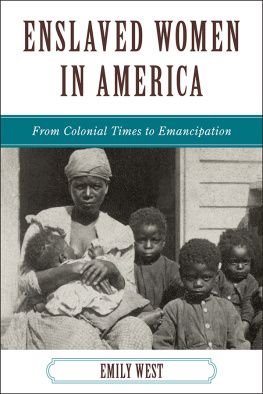
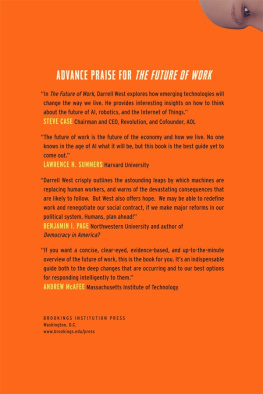

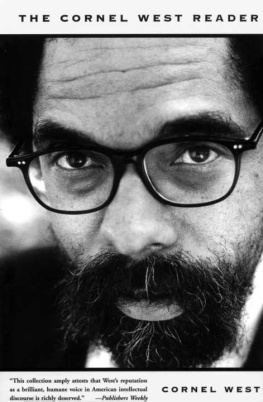

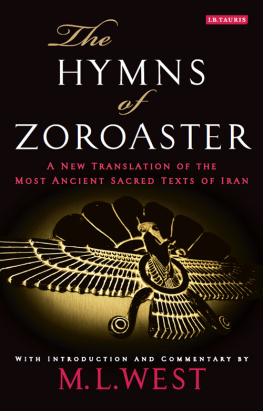



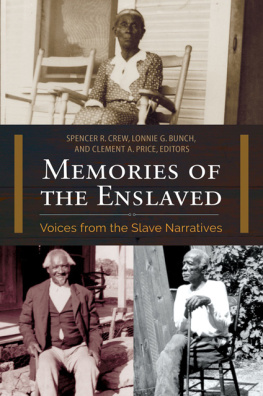


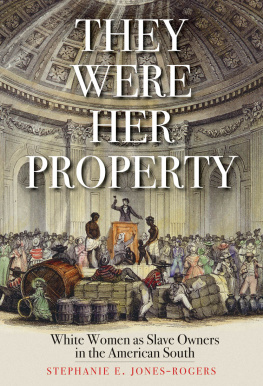
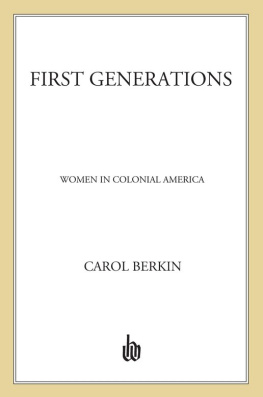
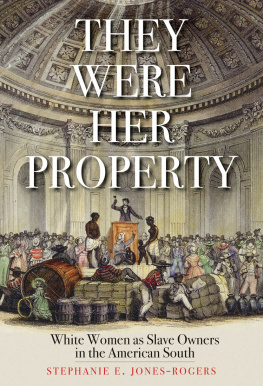
 The paper used in this publication meets the minimum requirements of American National Standard for Information SciencesPermanence of Paper for Printed Library Materials, ANSI/NISO Z39.48-1992.
The paper used in this publication meets the minimum requirements of American National Standard for Information SciencesPermanence of Paper for Printed Library Materials, ANSI/NISO Z39.48-1992.